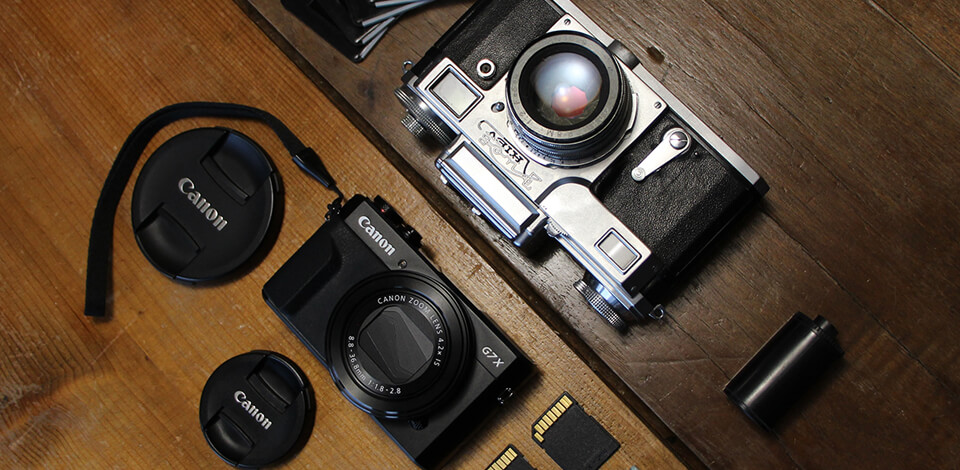
During almost 200 years of its history, photography has evolved dramatically. The first technologies and processes were outdated, required much time, and were quite difficult to understand. With the rise of digital technologies, photography art has become easier and faster.
Unfortunately, only a few people are aware of photography facts, so this post will come in handy for those who are eager to learn some exciting aspects about photography and cameras.

Man Ray’s Le Violon d’Ingres is considered the most expensive photograph ever sold till 2022. The original print taken in 1924 appeared at Christie’s auction in May 2022.
According to the comment of the international head of photographs at Christie’s: “This beguiling Surrealist image is the result of a unique and hand-manipulated darkroom process.”
The specialists estimated that the lot was to fetch $5-7 million. But it exceeded all these expectations realizing $12.4 million.
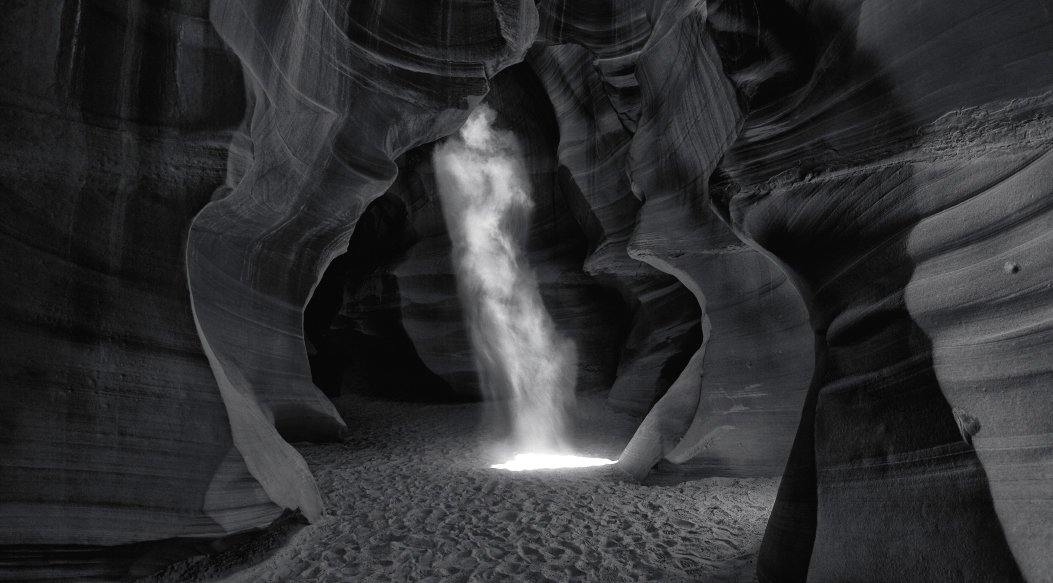
Peter Lik’s ‘Phantom’ is considered the priciest photo ever sold by a living artist. It reached an incredible sum of $6.5 million in 2014. Until 2022, it had the status of the most expensive photo. This record was beaten by Man Ray’s ‘Le Violon D Ingres’ in May 2022.
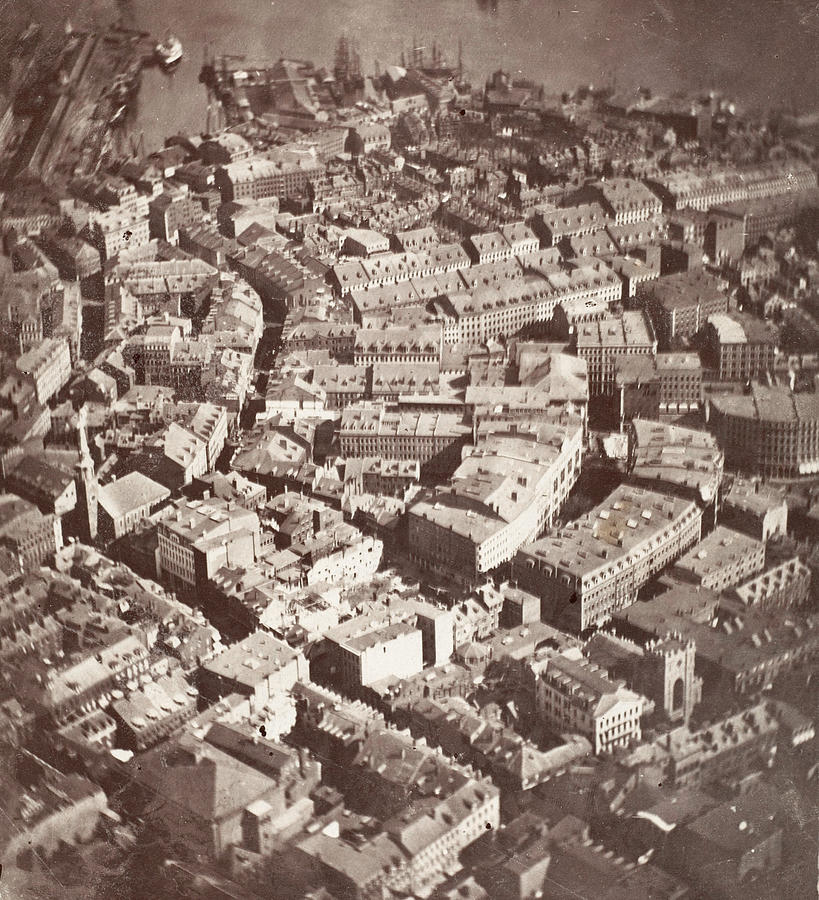
The first aerial shot appeared in 1858 and was taken by Felix Tournachon. When flying on the balloon, the shooter captured magnificent Paris. Sad to say, the photo is not available nowadays.
But James Wallace Black’s aerial photo of Boston taken in 1860 still exists and is regarded as the oldest shot of its kind.

This piece does not only hold the status of the first photography shot 200 years ago. A fabulous fact about this pic is that a photographer Joseph Piece needed up to 8 hours to shoot it. The photo was named ‘view from the window’.
The image features the scene that happened in Saint-Loup-de-Varennes, France, and features the castle and other buildings. Those days people used a sensitized plate to project a pic from the window and place it on paper. To produce such a photo, the shooters put much effort, and we have great luck to contemplate it nowadays.
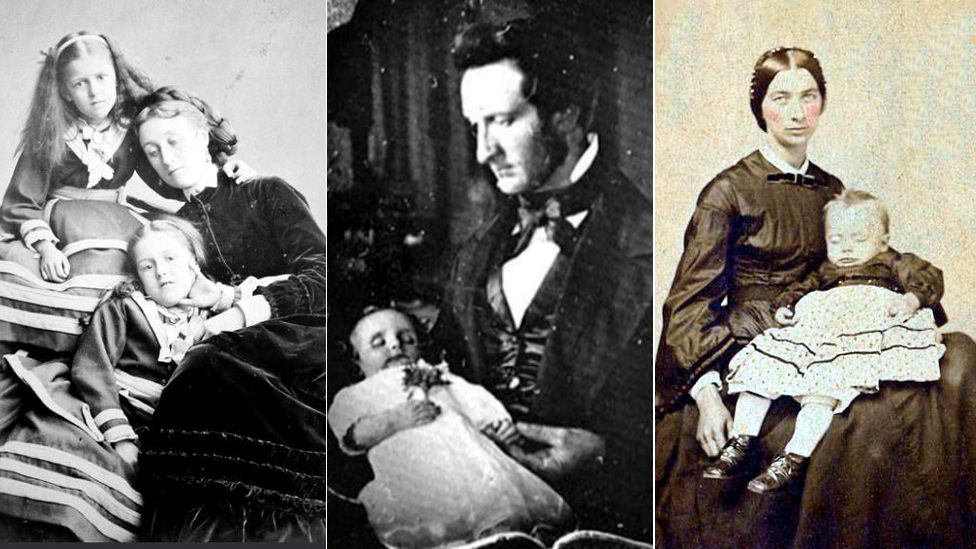
One of the most interesting facts about photography is that over 200 years ago shooters preferred to photograph dead bodies. In such a way, they wanted to memorize and immortalize the deceased family members.
Fortunately, this photography trend was forgotten.
Only in the beginning of photography development, post-mortem pics were quite popular. Although, nowadays this genre is not so popular, it is still being practiced.
For instance, there are several ‘death photographers’ in the Indian community in Varanasi. They shoot people one last time before they are sent to cremation.
Developing colored photos using coffee is a poor decision. However, this idea works well for developing black and white pics.
Coffee, vitamin C, and washing soda are the components you need to implement this idea into life. Coffee and vitamin C are actually the developers, whereas washing soda creates an alkaline environment to make the development possible.

One of the most interesting facts about photography is that the left side of our face looks more attractive in portrait photos than the right side. This affirmation becomes possible because of the research performed by Kelsey Blackburn and James Schrillo from Wake Forest University.
According to their study, the left profile of a person can express emotions more intensively. That is why, people see us as being more handsome.
Credited as being an inventor of photography, Joseph Nicéphore Niépce is regarded as the creator of Pyréolophore, which is the predecessor of the internal combustion engine.
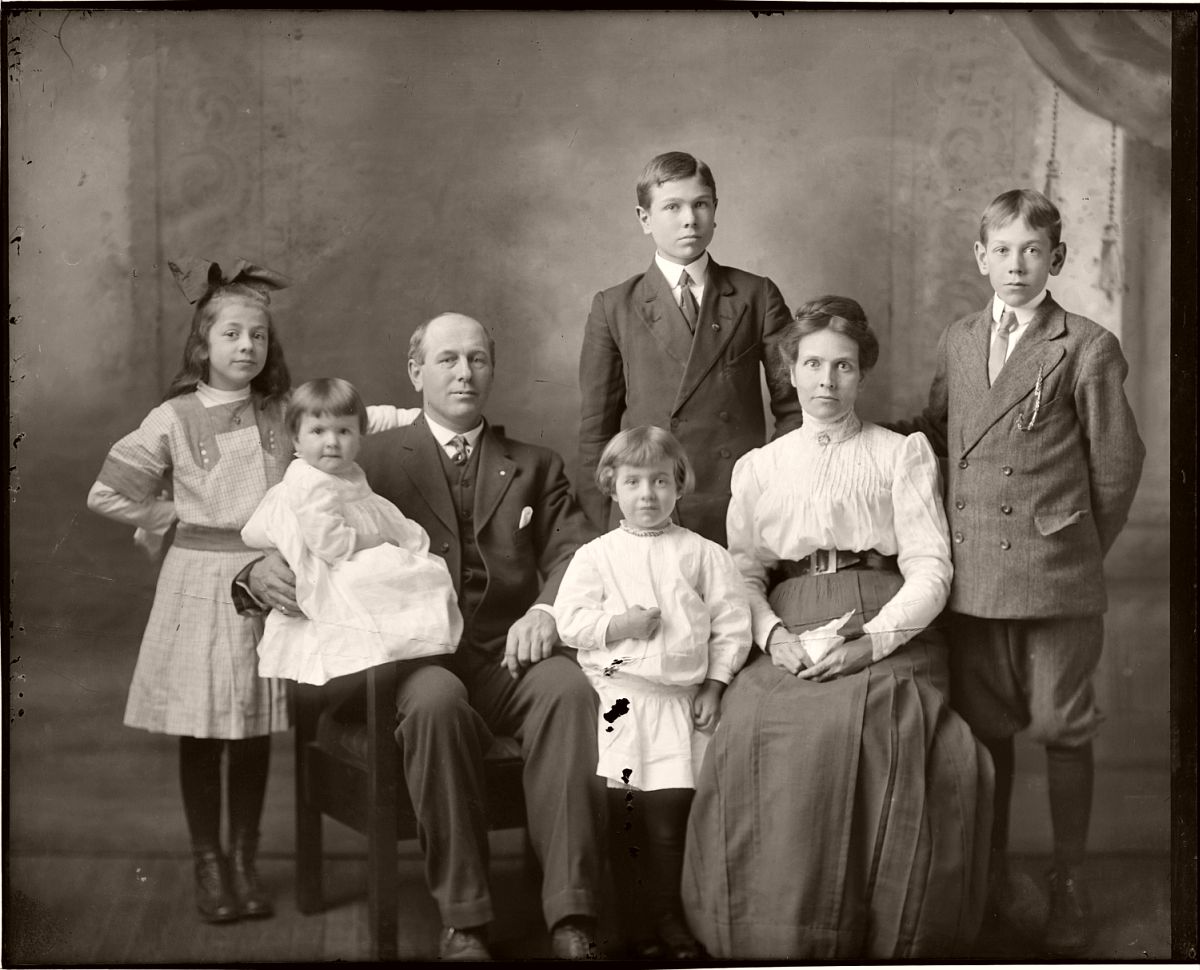
Many years ago there were only huge large format cameras, which are, of course, not so sophisticated as modern cameras. As they used rather primitive technology, a photographer needed much time to achieve correct exposure.
Models had to stay motionless for hours, thus smiling would be torture for them. Besides photographers often used a head brace for support when taking pics.
The word “Photography” originated in the Greek language and can be translated as “draw with light”. The astronomer Sir John Herschel was the first person to mention this word in 1839.
Long ago photographers developed images using such dangerous chemicals as mercury, silver nitrate, lye, and more. Such agents often caused the illness of a photographer who had to take off a couple of weeks. Occasionally, the specialists even became mad or died because of the prolonged contact with such substances.
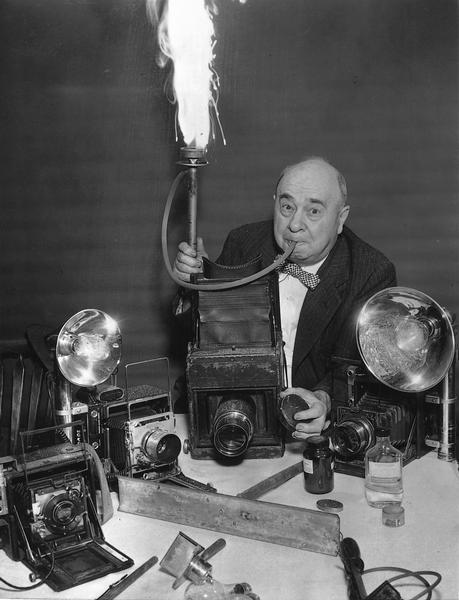
Moreover, chemicals used for developing pics were not the only threat. The shooters worked with such ingredients as Potassium chloride and aluminum, which were used as a flash powder.
Frequently, the photographers did not always adhere to the right proportions, therefore the mix often exploded more forcibly than it was needed. Thankfully, modern camera flashes are absolutely safe.
:max_bytes(150000):strip_icc():focal(990x959:992x961)/sharbat-gula-1-1a2cc4bec3a04037abef955d42dd7657.jpg)
The “Afghan Girl” is regarded as one of the most iconic images of the 20th century. It was shot in 1984 and appeared in a popular National Geographic magazine in 1985.
Even when the pic became world-renowned, the girl was not aware of her popularity. Only in 2002 she was shown her own photo and realized that she had become a model unintentionally.

One of the most interesting photography facts is that the f-number of the human eye varies from about f/8.3 in a well-illuminated space. However, in dark conditions, the aperture of a human eye is about f/2.
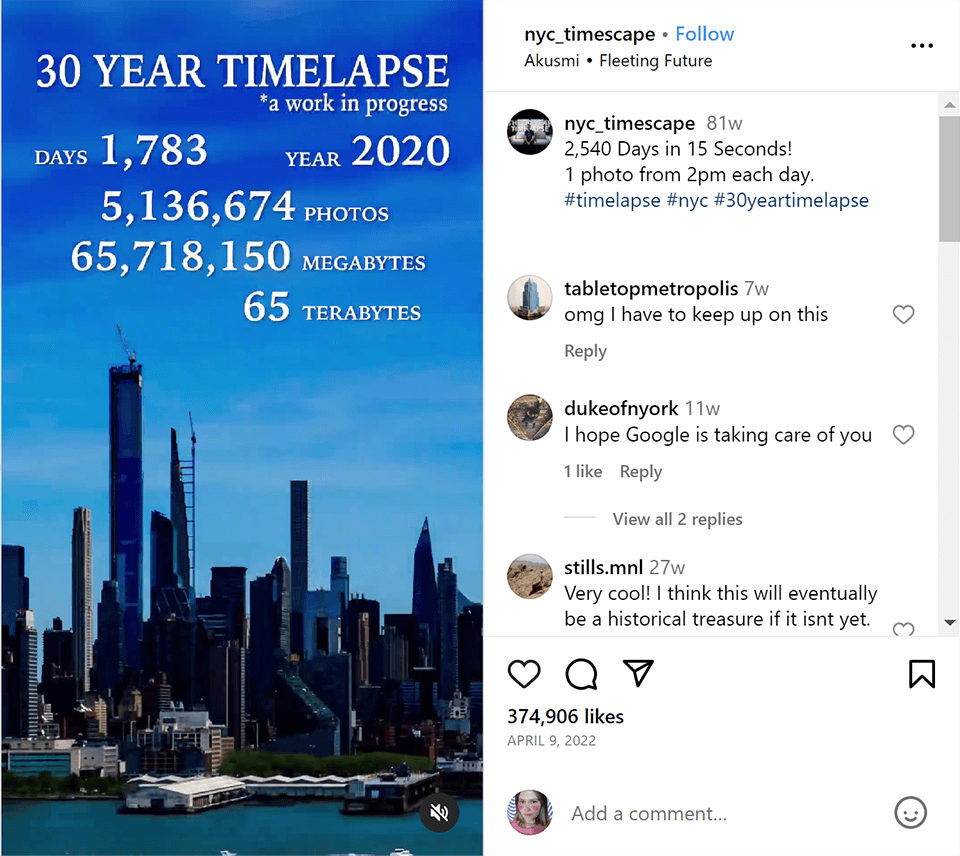
Artist Joseph DiGiovanna is the creator of the longest time-lapse project ever known till today. He decided to capture the evolution of the changing skyline of New York over the next 30 years.
The artist installed a Sony A7S camera in the corner apartment with a look out of the window on the Big Apple. The device is connected to a MacBook Pro and sends the image to it every 30 sec.
The plan is to finish the project, which should continue for 10,958 days, in 2045. Joseph has a nyc_timescape page on Instagram where he shows how the project is developing. Watch the video above to learn more about this grandiose idea.
According to Wikipedia, there are approximately 80 types of photography practiced nowadays. As the articles on this resource are created by authors who work 24/7, the photography facts that appear there are really trustworthy.

Kodak is the brand name that is often associated with the rise of color photography. And this is true to some extent. Kodakcrome is the name of the first integral tri-pack color film that appeared in 1935 and was produced by Eastman Kodak.
However, the first color pic was taken almost a century before and appeared in 1861. Its author is Thomas Sutton who used the method invented by James Clerk Maxwell in 1855 to shoot a flamboyant tartan ribbon.

An image is widely associated with a photo of some beautiful scenery or landscape. However, people often neglect the fact that they do not even need glass to project any scene, as tiny holes are just enough.
Camera Obscura is known to produce the first projected image. The name of the invention comes from Latin and is translated as Dark Room. A Chineze philosopher Mozi was the first person to describe its principle of work between 470 to 391 BCE.
Camera Obscura is actually a compact box with a small hole through which the light can enter the construction to project an upside-down image of the world around onto the wall opposite the hole. As it creates a flipped image, it is similar to the pinhole camera.
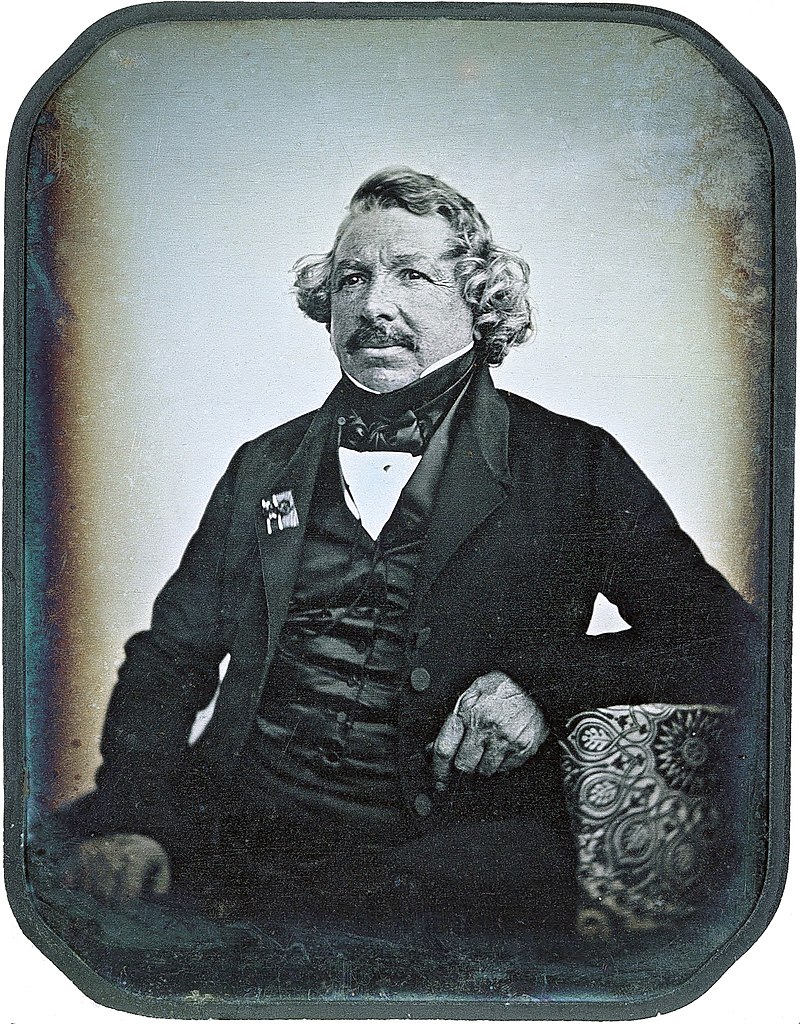
The Daguerreotype is the first photography method, which was created and disclosed to the public in 1839 by Louis-Jacques-Mande Daguerre. Its popularity was huge. The inventor used silver-plated copper and mercury vapour to produce images.
Before the first film negative was invented, many other technological advances appeared like the Camera Obscura and the Daguerreotype.
William Henry Fox Talbot was the inventor of the first negative, which is well-known as a salted Calotype. When creating the negative, he ventured to mix silver iodide and a developing, which was a mixture of gallic acid and silver nitrate.
The positive images were created through contact printing from a negative quickly and easily.
The experiment took place in 1839, but it only went public in 1841. For his invention, Fox was awarded the Rumford Medal of the Royal Society several years later.

William Tompson, who was an expert in marine life, is regarded as the founder of underwater photography. The first underwater photo appeared in 1856 and was taken for engineering purposes.
He aimed to learn what damage a bridge’s underpins can cause. Therefore, the status of the first underwater photographer is generally ascribed to Louis Marie Auguste Boutan who created an underwater camera in 1893. In 1899, he used a wet plate collodion process to capture the first underwater portrait.

This is one of the revolutionary photography facts that actually changed the way people view the world. President Joe Biden revealed Nasa’s first qualitative photo of the universe only in 2022.
A high level of detail and extreme clarity become possible thanks to the cutting-edge James Webb Space Telescope, which is the upgraded version of the Hubble Space Telescope. It is installed far from Earth and captures fantastic pics with a near-infrared camera and spectrograph.

1828 was the year when the first living person appeared in an image. It was shot by Lois Daguerre who intended to shoot the Boulevard du Temple in Paris. The man that can be seen in the image was a casual person having his shoes polished. As the duration of the exposure was about seven minutes, such a pic became possible.
Only by the end of 1999 people around the world had already taken 80 billion images. Nowadays the fans of social media networks post almost ten times that number of photos each year on their Facebook pages.
As an average person is not so passionate about photography facts and is not ready to sit a while calculating how many pics we take yearly, we can argue that today people take more pics every 2 minutes than the whole humanity of the Earth did throughout the 18th century.

Unlike Canon, which means a rule or law, Kodak lacks any meaning at all. The father of the Kodak camera brand, George Eastman was fond of the letter “K”, so he decided to give his brand such a name.

Many people think that cute cat photos became one of the most searchable pics on Google only several years ago. But actually, cat photography traces its origin to the 19th century. The tendency to shoot our furry friends appeared in the 1870s when Harry Pointer captured his cat. So, we should be grateful to that man!
This might be not a surprise for you, but the pic of a beautiful landscape used as a default wallpaper for Windows XP is the most viewed. Charles O’Rear captured this scene in 1996 and named it ‘Bliss”.
But the surprise is that the photographer did not make a fortune with this shot, as Microsoft acquired it from the stock image website Corbis.
In 2002, the photo taken by a boozy Australian in a strange selfie pose became known as “selfie”. Technically, this type of photography was taken in 1839 by Robert Cornelius, however, there was no term for it at that time.
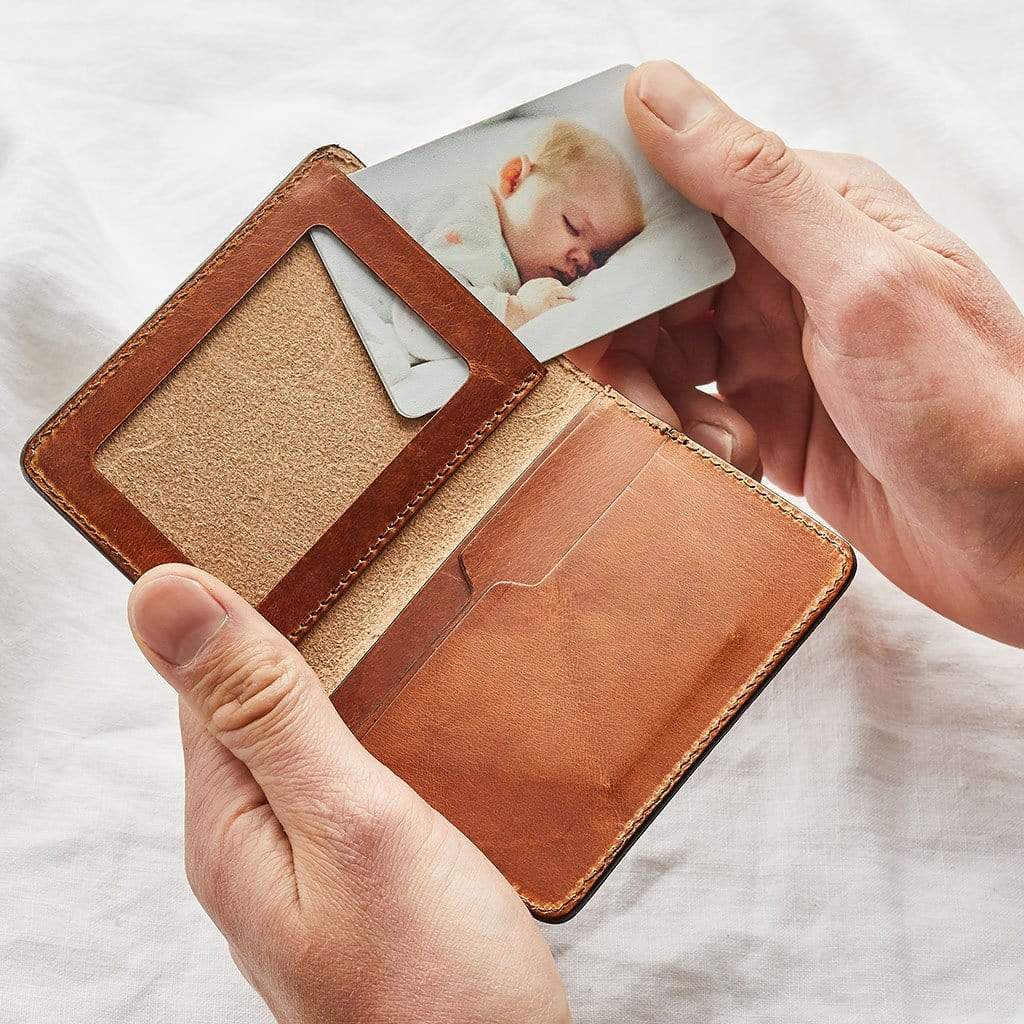
During the recent research people intentionally lost their wallets that contain contact info and photos. The result showed that around 88% of wallets with a baby’s photo and 53% of the wallets with a puppy’s photo were returned to their owners. In contrast, only a few people contacted the owners of wallets that lacked photos (only 15%).
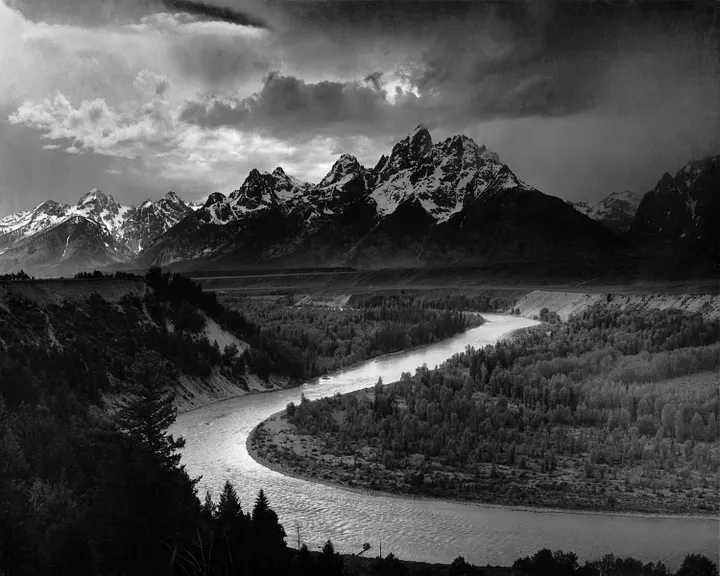
Considered one of the most famous photographers of all time, Ansel Adams manipulated his pics, dodging and burning them quite frequently. Such photography facts give you a serious reason to argue photography “purists!”
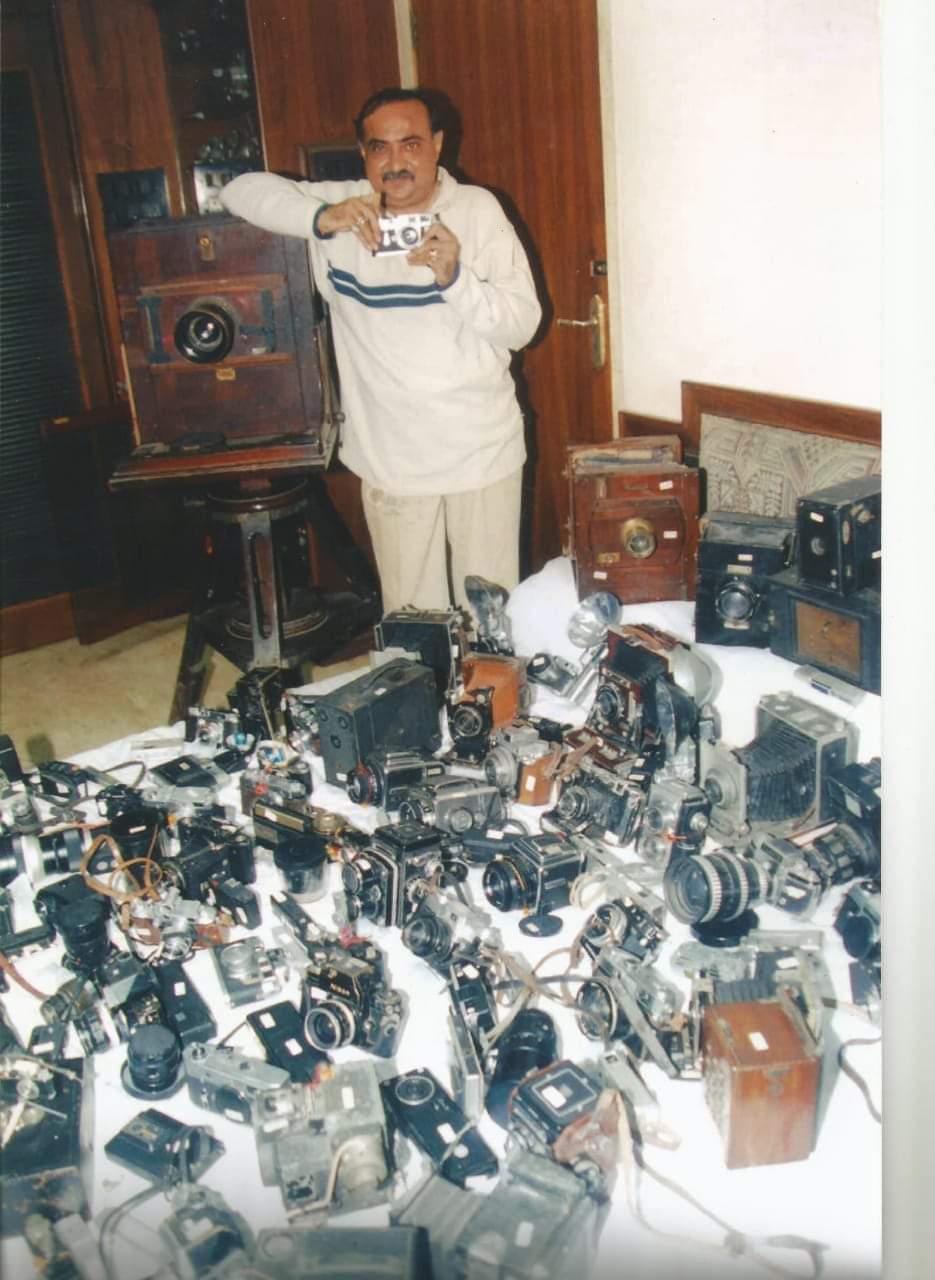
The owner of the largest collection of cameras is Dilish Parekh who is a photojournalist from Mumbai. It includes 4,425 antique camera models.
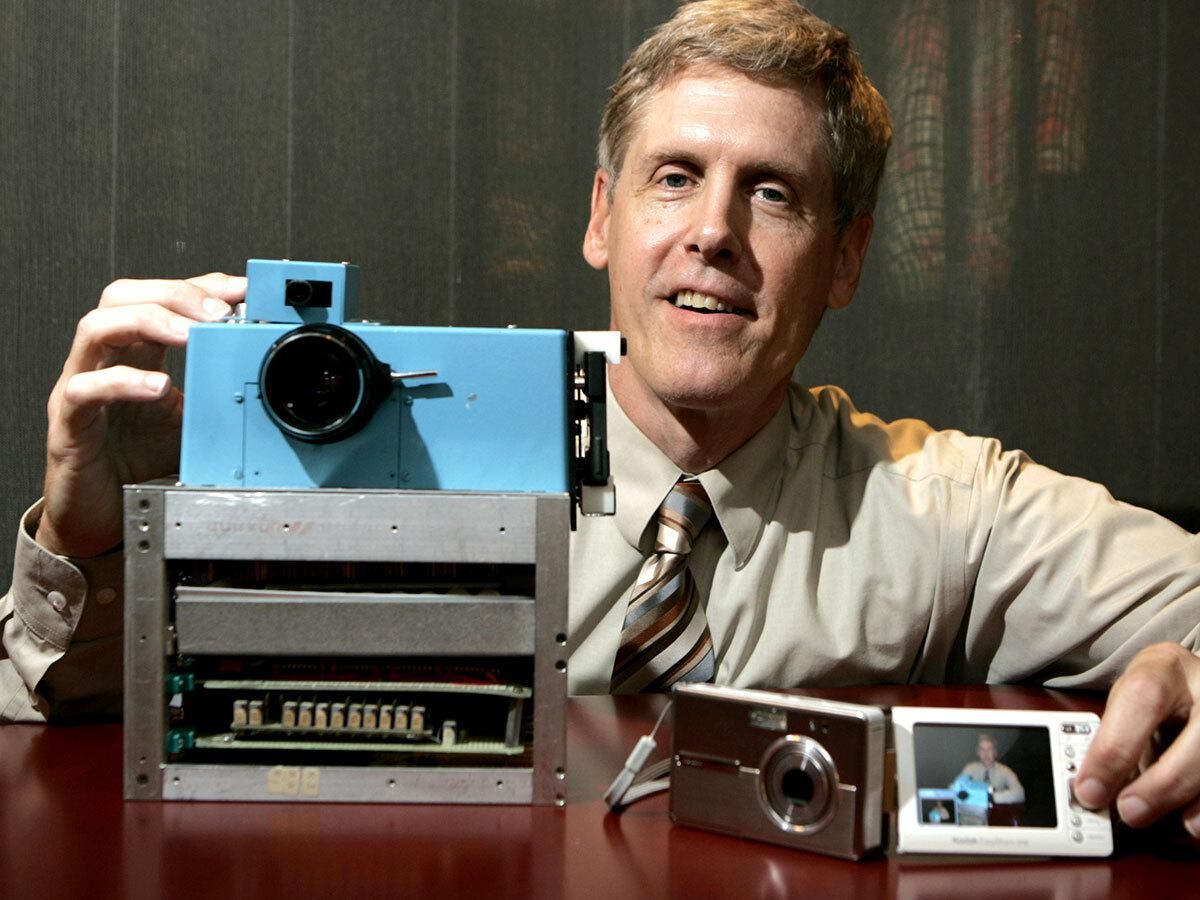
Steven Sasson is regarded as the inventor of the first digital camera. This important event happened in 1975 when Steven worked at Eastman Kodak. The device was quite weighty (8 pounds=3.6kg) and only offered 0.01MP. To compare, the weight of a modern DSLR camera is only two pounds.

The first SLR camera was invented more than a century earlier than it was upgraded with AF.
Auto Focus feature was invented by Polaroid – the brand that became famous with its cameras and film.
.jpg)
Neil Armstrong had 12 Hasselblad cam35. The Highest Price Paid for a Camera is €14.4 Millioneras with him on Apollo 11, and after the mission was over all the devices were left on the Moon and are still there. The reason for this is that the astronaut needed some free space to take rock samples to the Earth.

Surprisingly, the most expensive camera is a Leica 0-Series No.105. It is not new and not the most functional one, but quite rare.
In total 22 Leica 0-series devices were produced, but today only 12 of them still exist. The last time it appeared at sale, the lot reached a fantastic price of €14.4 million (the starting bid was €1 million). Earlier Leica 0-Series No.122 achieved $2.3 million at an auction and became a record holder at that time.